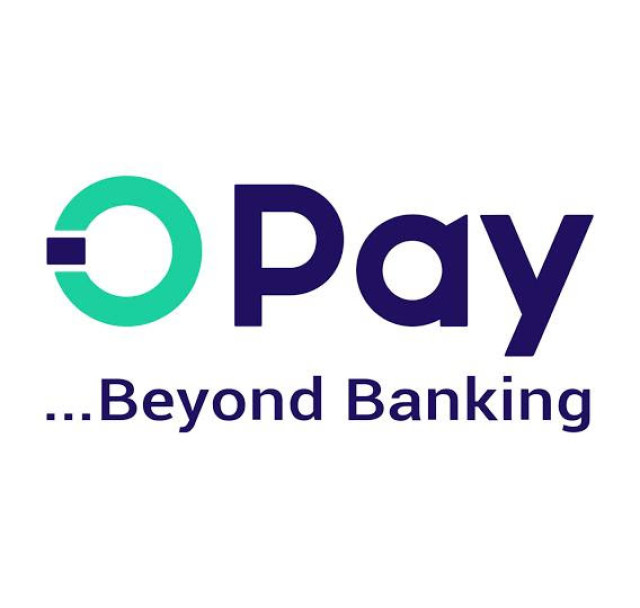Financial technology companies have started charging levies on electronic transfers into personal and business accounts in compliance with the Federal Inland Revenue Service regulations.
In a notice to its customers on Saturday, OPay, one of the fintechs, stated, “Dear valued customers, please be informed that starting September 9, 2024, a one-time fee of N50 will be applied for electronic transfers of N10,000 and above, paid into your personal or business account in compliance with the Federal Inland Revenue Service regulations.”
The company clarified that the charges are a government requirement and not a source of revenue for the payment platform.
“It is important to note that OPay does not benefit from these charges in any way, as it is directed entirely to the Federal Government,” the notice read.
For transfers in other currencies, the levy will be charged at exchange rates determined by the Central Bank of Nigeria; the FIRS is appointed as the administrator of the Levy and is responsible for assessing, collecting, and accounting for the Levy.
It noted that the receiving banks are required to collect and remit the Levy to the FIRS by the next working day or on a date prescribed by the FIRS. For walk-in customers without accounts, the levy must be deducted from the amount payable.
Also, banks must prepare daily lists of cancelled or reversed transactions, detailing the transferee’s name, transaction amounts, levies deducted, and amounts reversed or cancelled. Levies on reversed or cancelled transactions should be deducted from the next day’s collections and returned to affected customers.
Banks are also required to submit monthly returns of the levies collected, including details of reversals and cancellations, to the FIRS within 21 days after each month.
Additionally, banks must retain records of all electronic transfers on which levies are collected for a minimum of seven years.
The provisions noted that banks that fail to collect the Levy will be liable for a penalty of 150 per cent of the Levy not collected. If a bank collects the Levy but fails to remit it, the bank will be liable for the levy, plus a 50 per cent penalty and interest at the CBN’s Monetary Policy Rate.
This fee introduction follows the Federal Government’s efforts to generate revenue from electronic transactions through FIRS regulations.
Users of other fintechs like Moniepoint and PalmPay have also reported that these institutions have started implementing the charges.
A former Minister of Finance, Budget, and National Planning, Mrs. Zainab Ahmed, issued the Electronic Money Transfer Levy Regulations, 2022, under her authority, pursuant to Section 89A(3) of the Stamp Duties Act Cap. S8 Laws of the Federation of Nigeria, 2004 (SDA), as amended by the Finance Act, 2021.
The regulations provide guidance for the imposition, administration, collection, and remittance of the Electronic Money Transfer Levy which was introduced by the Finance Act, 2020. Key provisions include A one-time levy of N50 on the recipient of any electronic receipts or transfers of N10,000 or more.
Moreso, failure to render or inaccurately render returns will result in a penalty of 10 per cent of the unrendered or incorrectly rendered returns.
Banks are defined under the regulations as “a deposit money bank or financial institution referred to under Section 89A of the SDA, including all banks and other financial institutions defined under the Banks and Other Financial Institutions Act, 2020.”




















